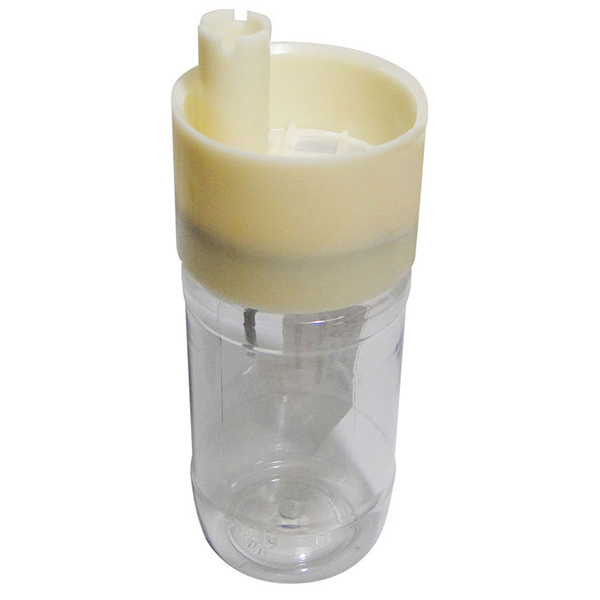Re: Phase separation, ie. Watery fuel
by Sean Griffin » 2 years ago
Hi Jeffry
"As a precaution against getting a "pure water" sample, use one of these. It has a fine screen on top that will not pass water, so no confusion is possible."

Is it a
Re: Phase separation, ie. Watery fuel
by Steve Hirschi » 2 years ago
Yes, I use it, just didn’t want to tread that “not-recommended” area.
I forgot to add that E fuels loose octane over time due to alcohol’s preference to evaporate. Probably not much of a factor in non-turbo aircraft.
Also, fuel from your local C-store is a little more suspicious as my friend in WY found after sampling fuel after an engine failure caused an in unscheduled “bush landing.”
Thanks, good luck
Steve
Re: Phase separation, ie. Watery fuel
by Steve Hirschi » 2 years ago
Good point! Biocides will accelerate flaking of surface biological growth, a critical consideration especially if it’s been awhile since cleaning. Flushing the tank after a treatment is essential. I flushed the tank with hot water and a 20% ethanol fuel mix, as recommended in the handbook. Shedding will happen over time regardless of fuel treatment. At least with the biocide treatment you know what’s coming, you can take measures to prevent a surprise.
Re: Phase separation, ie. Watery fuel
by Sean Griffin » 2 years ago
Steve Hirschi wrote:Good point! Biocides will accelerate flaking of surface biological growth, a critical consideration especially if it’s been awhile since cleaning. Flushing the tank after a treatment is essential. I flushed the tank with hot water and a 20% ethanol fuel mix, as recommended in the handbook. Shedding will happen over time regardless of fuel treatment. At least with the biocide treatment you know what’s coming, you can take measures to prevent a surprise.
"Shedding will happen over time regardless of fuel treatment."
Got to say - the only time I have experienced a problem with diesel fuel "Biocides" causing "Shedding" was when rebuilding, a recently purchased, old New Holland skid steer - the fuel treatment resulted in multiple filter blockages, until all the bacteria/microbes were flushed out of the tank.
Routine periodic treatment of bulk fuel tanks and individual equipment fuel tanks, has never, in my experience, resulted in blocked filters.
Re: Phase separation, ie. Watery fuel
by Jeff B » 2 years ago
The institute of Physics published a white paper about phase separation and the possible effects on aircraft. It makes some interesting points about condensation from the warming and cooling at different altitudes, and also during storage. But, this depends on water entering the venting system, which would happen over a longer period of time and would typically be held is suspension and burned with the fuel (unnoticed). It’s my understanding that the phase separated mixture would sit on the bottom of the tank as a fine layer, migrating to the lowest sump, and thus should be detectable by a fuel sample before flight. Here is a link to the paper…
https://iopscience.iop.org/article/10.1088/1757-899X/370/1/012007/pdf
|
To receive critical-to-safety information on your ROTAX Engine, please subscribe to |
This website uses cookies to manage authentication, navigation, and other functions. By using our website, you agree that we can place these types of cookies on your device.
You have declined cookies. This decision can be reversed.
You have allowed cookies to be placed on your computer. This decision can be reversed.
This website uses cookies to manage authentication, navigation, and other functions. By using our website, you agree that we can place these types of cookies on your device.
